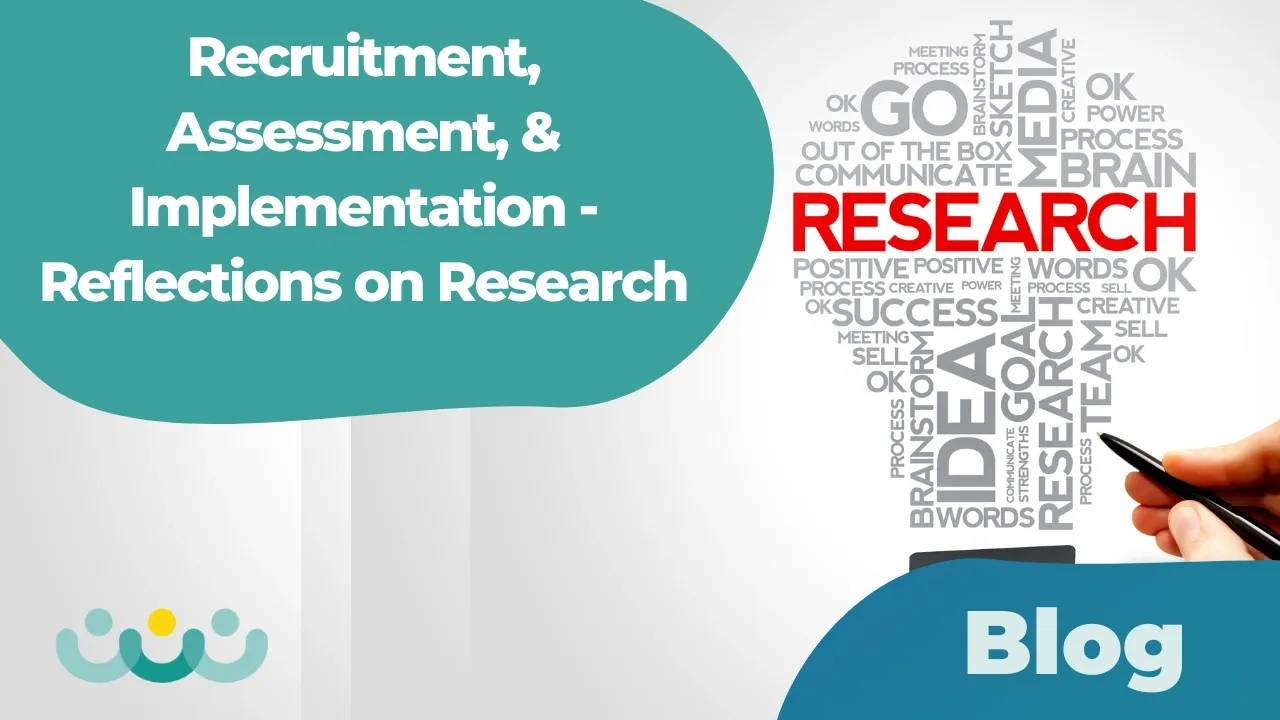The Research on the Instruction of Language with Literacy (RILL) project, funded by the Nuffield Foundation, has a clear objective of testing the effectiveness of the RILL programme in improving reading outcomes for 7–9-year-old children, especially those who struggle with reading and writing. The p...
Introduction
Precision Teaching is an engaging, individualised pedagogical technique that offers a practical approach to boosting literacy, numeracy and a range of other discrete learning. It’s strengths and benefits are well reflected by its popularity and the fact that it has been a cornerstone o...
by Rachel Cartin, Research Officer at Bangor University
When watching Joanna’s first video of her Literacy: A Path for All CPD course, it struck me that we’re often so focused on reading as the process of decoding and understanding text, that we forget that there are so many more processes and pers...
Why join our RILL research?
For the pupil:
- The student will receive additional evidence-based support to improve their reading and spelling through fun stories and activities.
- They will develop their literacy skills and confidence.
- Ultimately, it will help children with English and/or Welsh li ...
The concept of labelling is a contentious one, stirring up debates that involve various stakeholders – children, parents, teachers, and other professionals. Dyslexia, a term synonymous with ‘literacy difficulties’ is perhaps one of the most debated within education, and one which EPs often find we a...
By Dr Rosa Gibby-Leversuch, Educational Psychologist
When I was studying for my doctorate I had the opportunity to informally interview my brother for a Problem-Based Learning project about dyslexia. This was when I heard about the positive difference that he felt his dyslexia diagnosis had made to...








